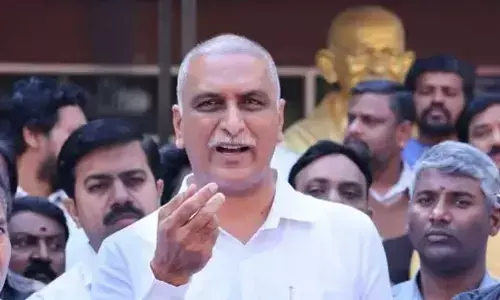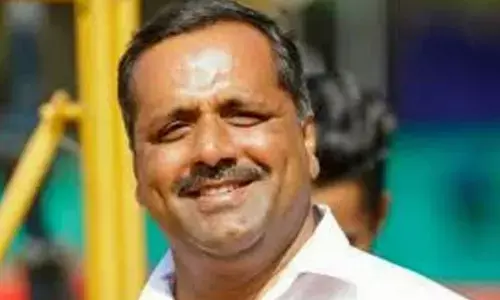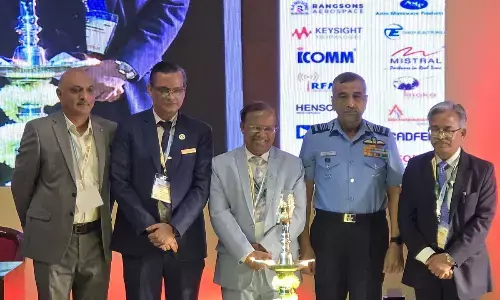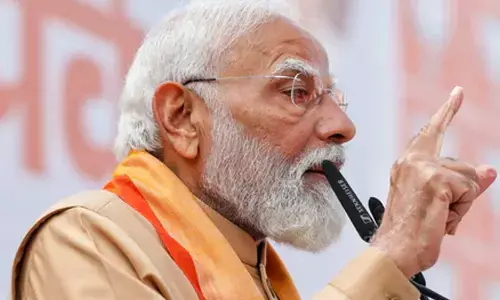Abolish caste discrimination
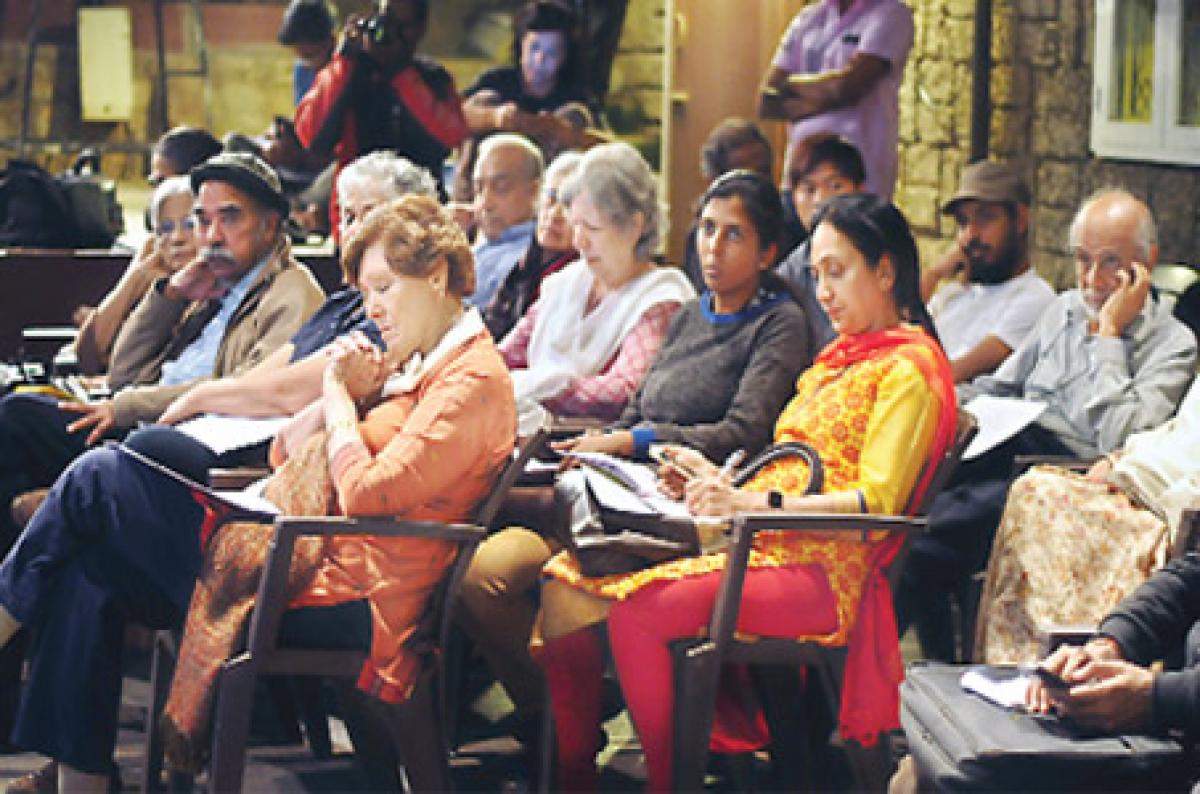
Teesta Setalvad, a civil rights activist and journalist delivered a talk at Lamakaan on Tuesday. She addressed various issues like caste discrimination, communalism, fundamental rights and Rohit Act. Teesta is the secretary of Citizens for Justice and Peace (CJP), an organisation formed for fighting for justice for the
Teesta Setalvad, a civil rights activist and journalist delivered a talk at Lamakaan on Tuesday. She addressed various issues like caste discrimination, communalism, fundamental rights and Rohit Act.
Teesta is the secretary of Citizens for Justice and Peace (CJP), an organisation formed for fighting for justice for the victims of communal violence in 2002.
“Students of the University of Hyderabad (UoH) had shown great courage after the incident of Rohit Vemula on January 17. Instead of doing justice to Radhika Vemula (Rohit Vemula’s mother), the government was more concerned whether she belongs to Dalit community or not.
It is also a shame that a Vice-Chancellor, who was involved in Rohit incident has been awarded recently. After the UoH incident last year, the sedition cases against Jawaharlal Nehru University (JNU), Delhi students continued. About 10 students in JNU have been suspended with sedition charges.
The students who were suspended merit holders,” Teesta Setalvad said.
Sharing her views about the Thorat Committee, set up by the UPA government in 2007 to stop discrimination against Dalits in schools, colleges and universities, she said, “At that time we all appreciated the move of setting up the Thorat Committee.
The committee did a very good research and it suggested many recommendations to the UPA government at that time. But the government did not implement those recommendations. The committee found that 84 per cent of Dalit students were not given any basic facilities in the education sectors.
The committee also found that the faculties in universities deliberately do not give enough time to Dalits, who hail from villages, to learn new concepts. The committee also suggested the importance of setting up the remedial centres and it also said that only 20 per cent of lecturers support Dalit students.”
Teesta said that we only treat BR Ambedkar as the architecture of Indian Constitution but he is more than that. “We forgot about the Maha Satyagraha, which he did in 1927 to allow untouchables to use water in a public tank in Maharashtra.
We also forgot Bezwada Wilson who is striving to abolish the cruel manual scavenging. We should include these eminent personalities’ life stories in our textbooks to make a better India.
The bureaucracy also does not want accountability on communal violence. To overcome all the problem of Dalits, we must demand Rohit Vemula Act,” she concluded.








